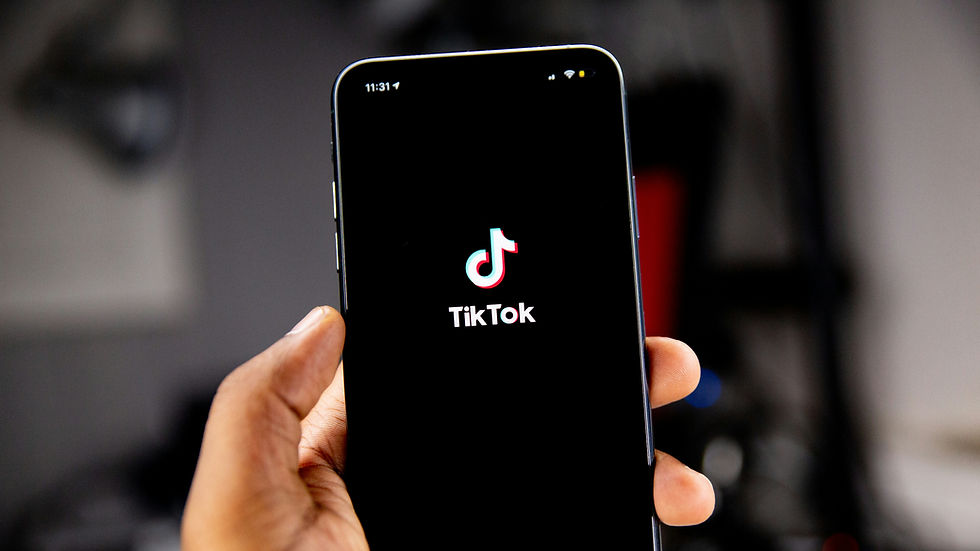A Student Accidentally Developed a Rechargeable Battery that could last 400 years
- tech360.tv

- Sep 11, 2024
- 2 min read
Mya Le Thai, a doctoral student, accidentally created a rechargeable battery with a lifespan of up to 400 years. The nanobattery developed at the University of California, Irvine can withstand an impressive 200,000 charging cycles in just three months. The breakthrough could result in more durable electronic devices and lower environmental impact from lithium-ion batteries.

While conducting experiments in the lab, Thai serendipitously uncovered a potential game-changer in the world of batteries – a rechargeable battery capable of lasting an astounding 400 years.
The UCI research team had been investigating nanowires for potential battery applications. However, they encountered a common problem in which the delicate nanowires deteriorated over time, resulting in damage and breakage after multiple charging cycles. Every cycle, the battery is fully charged, fully discharged, and then fully charged again.
Thai's innovative breakthrough came unexpectedly when she decided to coat gold nanowires with manganese dioxide and a novel electrolyte gel that resembled Plexiglas. This unconventional approach resulted in the development of gel capacitors that defied expectations. Reginald Penner, chair of the university's chemistry department, was astounded by the results, noting that the nanobattery lasted an impressive 200,000 cycles in just three months, in stark contrast to the typical 300 to 500 cycles of an average laptop battery.

Thai's discovery has truly revolutionary implications. While most electronic devices will become obsolete long before their batteries, the prospect of a battery lasting centuries opens up a world of possibilities. Penner emphasised the importance of this breakthrough, claiming that stabilising nanowires could be a significant step forward for the scientific community as a whole.
Doctoral student Mya Le Thai accidentally creates a rechargeable battery with a lifespan of up to 400 years.
The nanobattery developed at the University of California, Irvine endures an impressive 200,000 charging cycles in just three months.
The breakthrough could lead to longer-lasting electronic devices and reduced environmental impact from lithium-ion batteries.
Source: UPWORTHY


